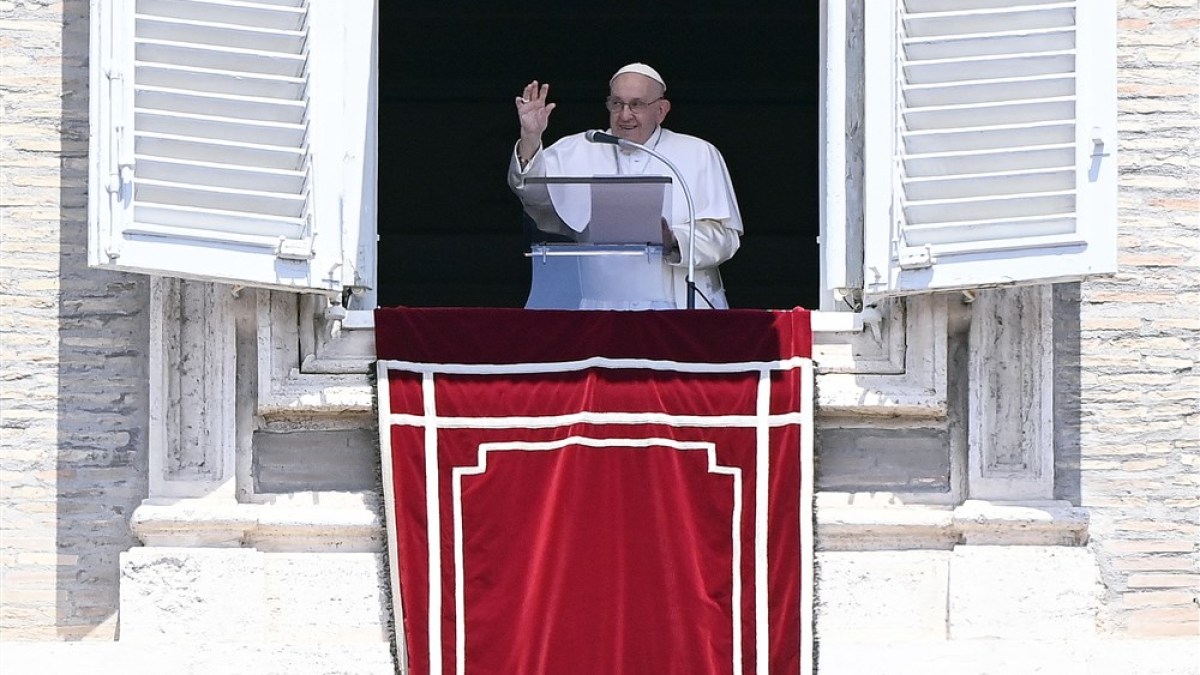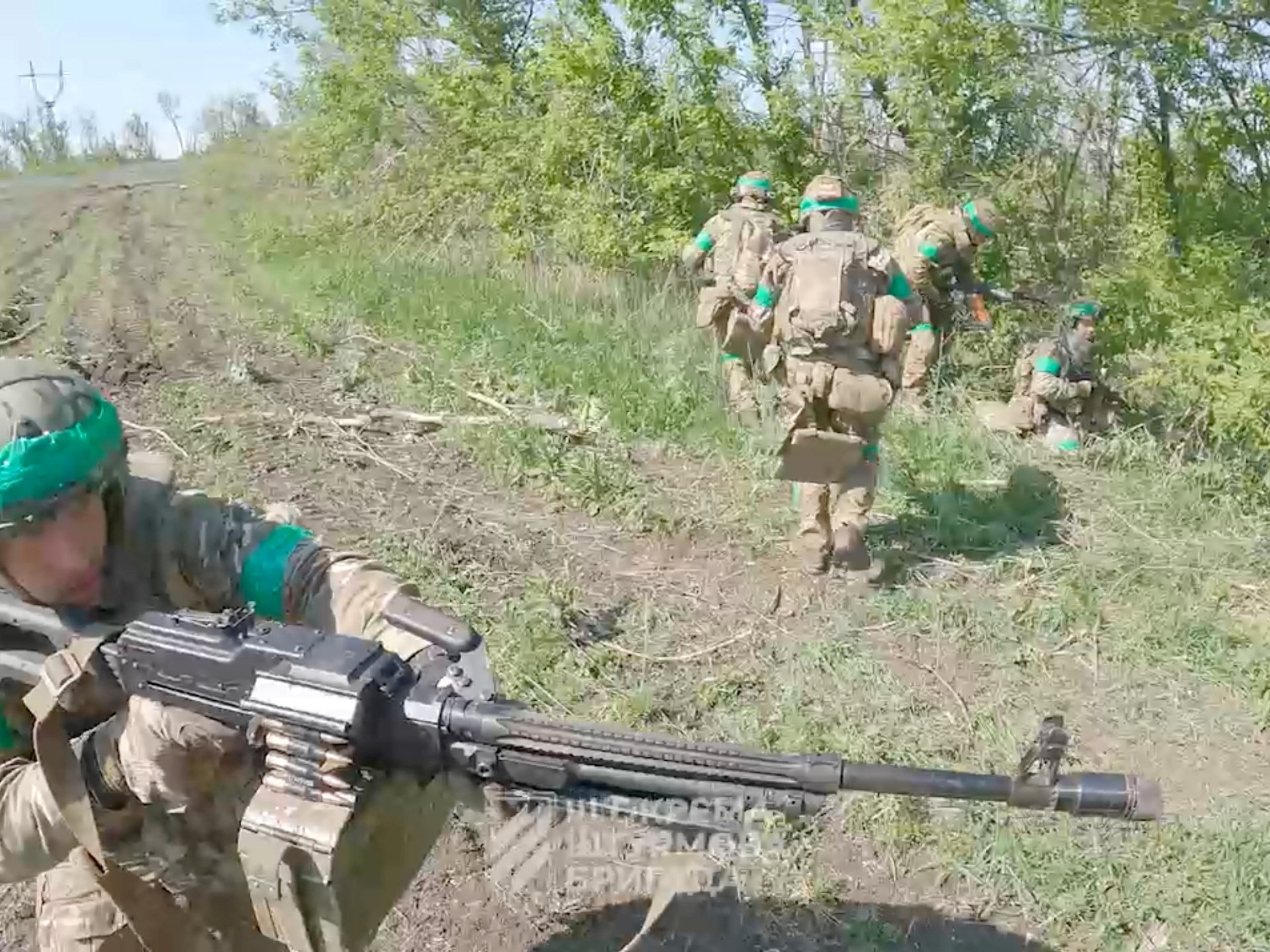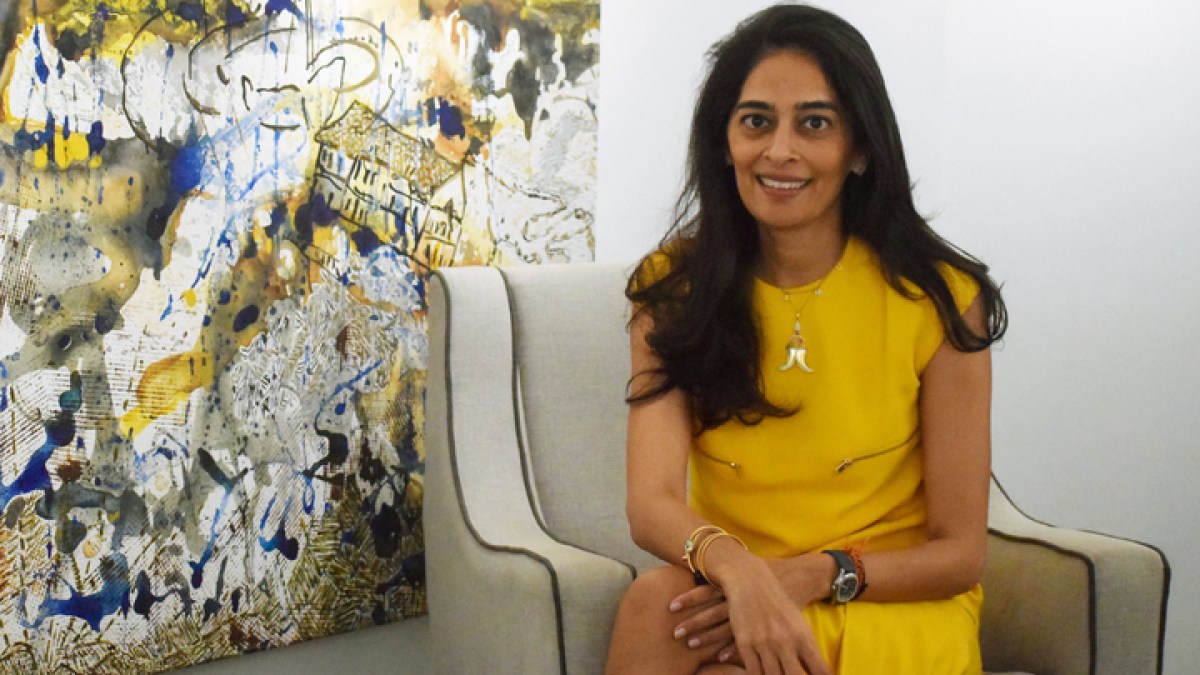Pope Francis names 21 new cardinals
The announcement puts the pope’s mark on the group that will one day choose his successor after his death or resignation.
Pope Francis has announced he would elevate 21 churchmen to the high rank of cardinal, again putting his mark on the group that will one day choose his successor after his death or resignation.
The ceremony to install them, known as a consistory, will be held on September 30, the 86-year-old Francis announced on Sunday during his noon prayer to pilgrims and tourists in St Peter’s Square.
Eighteen of the churchmen are under 80 and would be able to enter an eventual conclave to choose the next pope. The other three, who are over 80 and too old to vote in the conclave, were named in thanks for their long service to the Church.
All cardinals, regardless of their age, are allowed to take part in pre-conclave meetings known as General Congregations, giving them a say in the type of pope they think their younger brother cardinals should choose.
The new cardinals come from countries including the United States, Italy, Argentina, South Africa, Spain, Colombia, South Sudan, Hong Kong, Poland, Malaysia, Tanzania and Portugal.
Three of the new cardinals were recently named as heads of major Vatican departments, including Argentine Archbishop Victor Manuel Fernandez, head of the Vatican’s doctrinal department.
Another significant appointment was that of Bishop Stephen Chow Sau-Yan of Hong Kong. Chow is one of the major links to the Catholic Church in communist China, where the Vatican is trying to improve conditions for Catholics.
For decades, the Vatican and China have experienced tensions alternating with improvement of relations over the Communist-led nation’s insistence that it has the right to appoint bishops and the jailing of priests who professed loyalty to the pope.
On Sunday, in remarks preceding his reading out of the list of new cardinals, Pope Francis also expressed hope that Israeli and Palestinian authorities would take up “direct dialogue” to end the “spiral of violence” – a reference to recent deadly raids by Israeli forces.
Cardinals serve as advisers to the pontiff on matters of teaching and administration, including the Vatican’s scandal-plagued finances. But their most crucial duty is gathering in a secret conclave to elect the next pontiff.
Francis has named numerous batches of new cardinals in his 10-year papacy. That means, increasingly, the men who will vote for whoever succeeds him, in the event of his resignation or death, are churchmen supportive of his values, priorities and perspectives.




